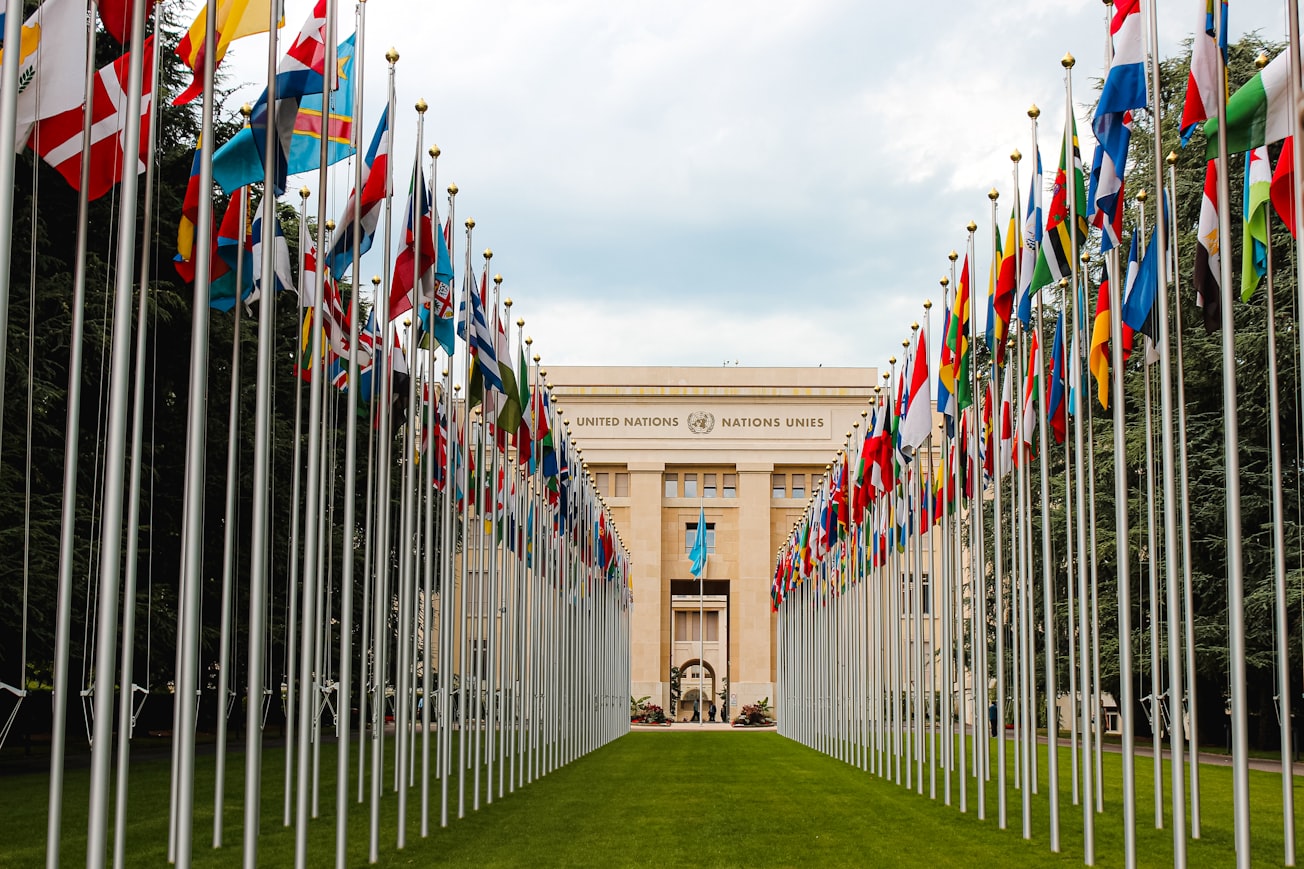What is it about?
COVID-19 became a challenge for diplomats dealing with arms control and nonproliferation issues. We show how this particular area of diplomacy was disrupted by border closures and social distancing due to the pandemic and how it sought to adapt to these conditions. The essay also explores whether heightened global concerns about health issues would spur new arms control initiatives.
Featured Image

Photo by Mat Reding on Unsplash
Why is it important?
Our findings show how the challenges posed by the COVID-19 pandemic might shape the future of arms control diplomacy in three ways. First, their confidential conference-style negotiations were no longer possible because of emergency restrictions. And specialized channels established to exchange sensitive information were not suitable for talks. If health crisis is to continue arms control diplomats will have to invest in reliable communication tools that will allow them to continue their work. Second, travel bans also halted verification activities such as inspection visits. At the same time remote monitoring of compliance with arms control and non-proliferation regimes used by Russia and the United States or by organisations like IAEA and CTBTO was not interrupted. The disruption caused by the pandemic will be used as one more argument in favor of remote verification. But automated tools should not replace humans whose involvement in verification plays an important confidence-building role. Finally, speculations about the origins of the novel coronavirus not only made health issues a more prominent concern for the international community but also framed them in security terms. So far this has had little effect on biological arms control but in the longer run some states might try to strengthen toolkit to deal with this challenge.
Perspectives
Writing this essay was an opportunity for both of us to take a broader look at arms control diplomacy. We believe our findings will contribute to the academic discussion among diplomacy and international security scholars. Moreover, we kept the policymaking perspective in mind, so our ideas might be of interest to diplomats and other professionals involved in arms control and nonproliferation.
Oleg Shakirov
PIR Center
Read the Original
This page is a summary of: From Germs Control to Arms Control: Security Negotiations in the Era of Coronavirus, The Hague Journal of Diplomacy, October 2020, De Gruyter,
DOI: 10.1163/1871191x-bja10045.
You can read the full text:
Resources
Will U.S. Election Herald the Return of Arms Control?
Even simply halting the collapse of the arms control system would be an achievement, albeit a temporary calm before the storm. After all, even if the New START treaty is extended, it expires in 2026.
The Future of U.S.–Russia Relations
Throughout the COVID-19 pandemic, the United States and Russia have been exchanging humanitarian aid shipments, demonstrating the readiness of the two countries to temporarily put their political differences aside and come to the other’s rescue. That being said, these episodes have had little effect on bilateral relations, which have been going through trying times in recent years. The crisis of confidence between the two countries is further aggravated by a number of problems that have built up over the past several years. This report attempts to present a picture of how bilateral relations between Russia and the United States may develop over the next ten years. The first section describes the context of these bilateral relations, specifically, how the general approaches of the two countries to foreign policy, as well as to certain domestic issues, will affect their interaction as a whole. The second section discusses specific areas of interaction, primarily those related to international security, in greater detail.
Contributors
The following have contributed to this page







